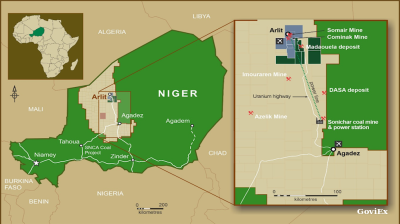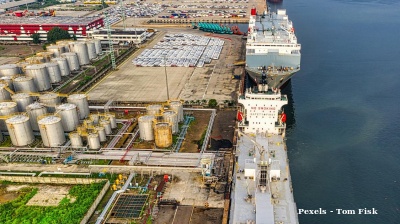Kazakhstan not at all “scared” of transit competition posed by planned China-Kyrgyzstan-Uzbekistan railway, says analyst

Kazakhstan is not at all “scared” of the East-West transit competition that could be posed by the planned China-Kyrgyzstan-Uzbekistan (CKU) railway as it is unlikely that it could ever amount to a serious challenge, according to a political scientist who is a member of Kazakhstan’s “Kurultai” presidential advisory board.
Marat Shibutov was quite scathing in his assessment of the CKU reported by RailFreight.com. He noted that the cost of the huge engineering feat required to build the mega-infrastructure across towering mountainous territory would likely be more than double the $4.7bn estimated by project officials.
Shibutov argued that, while once up and running the CKU line will compete with Kazakh “Middle Corridor” rail infrastructure for the same flow of goods between China and Europe, it will be up against long-developed rail corridors in Kazakhstan that boast too many advantages to overcome.
The key advantage of the CKU is supposed to be that, given Uzbekistan is already connected by rail to Turkmenistan and Iran, the railway will become one of the shortest routes between China and Europe. Kazakhstan’s businesses and government are therefore not at all anxious about the CKU, Shibutov told the railway industry journal, saying: “No, they are not scared. Approximately 80 percent of the route goes through mountains, and you need a huge amount of bridges and tunnels there. Besides, it is a single-track line and goes into mountains, which means a small amount of wagons per train. The volume of freight that you can transport there is not that large.”
Kyrgyz officials have forecast that the freight volume that will be transported along the single-track, 500-kilometre (311-mile) CKU by 2050 will be 13.5mn tonnes.
Making the railway a reality will require 120 km of tunnelling and 26 km of bridges, noted Shibutov. Another disadvantage is that at its halfway point, in Makmal, Kyrgyzstan, locomotives will switch from China’s standard rail gauge to the 1,520 mm broad rail gauge. Such aspects of the investment have pushed up the construction costs to what might be regarded as sky-high levels.
Kazakhstan’s developed railway network largely crosses flat land. “Our trains go across flatlands, here we don’t have such an amount of bridges and no tunnels at all, slopes neither”, Shibutov was further quoted as saying, adding: “We can keep our fees lower, while the southern [Kyrgyz] route needs to pay for its construction costs.”
China has consented to financing around half of the CKU route, while Kyrgyzstan and Uzbekistan are to pin down the funds to finance to around a quarter of the route costs each.
Shibutov disputed the idea that the CKU will cost $4.7bn, saying: “But really, considering construction in the mountains, the cost of the line will be in the range of 10 to 12 billion dollars.”
With such high costs set to be reflected in the line usage fees, the CKU’s likely level of competitiveness is again in question.
If Kyrgyz President Sadyr Japarov’s prediction that CKU transit fees will annually generate around $200mn for his country is correct, it will take an awfully long time for the railway to pay off.
News

GoviEx, Niger extend arbitration pause on Madaouela uranium project valued at $376mn
Madaouela is among the world’s largest uranium resources, with measured and indicated resources of 100mn pounds of U₃O₈ and a post-tax net present value of $376mn at a uranium price of $80 per pound.

Brazil’s Supreme Court jails Bolsonaro for 27 years over coup plot
Brazil’s Supreme Court has sentenced former president Jair Bolsonaro to 27 years and three months in prison after convicting him of attempting to overturn the result of the country’s 2022 election.

Iran cleric says disputed islands belong to Tehran, not UAE
Iran's Friday prayer leader reaffirms claim to disputed UAE islands whilst warning against Hezbollah disarmament as threat to Islamic world security.

Kremlin puts Russia-Ukraine ceasefire talks on hold
\Negotiation channels between Russia and Ukraine remain formally open but the Kremlin has put talks on hold, as prospects for renewed diplomatic engagement appear remote. Presidential spokesman Dmitry Peskov said on September 12, Vedomosti reports.



